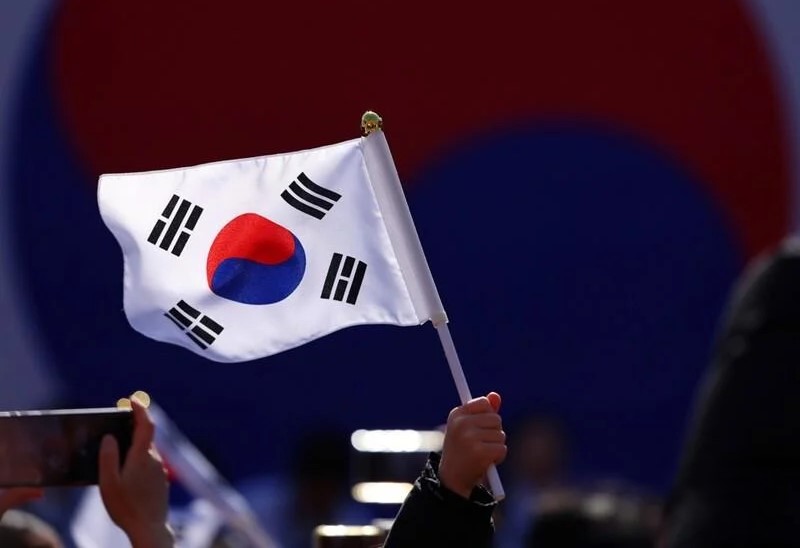The internal political crisis in South Korea, caused by the removal of President Yoon Suk-yeol from power, has created favorable conditions for China, which is interested in weakening Seoul's strategic ties with Washington.
This is stated in a study by the Royal Institute of International Affairs, Chatham House.
Despite official statements about the desire to cooperate with South Korea and Japan, Beijing is actively using the trade war with the U.S. and regional countries as leverage. The recent U.S. tariff increases on Chinese goods, as well as corresponding Chinese tariffs and export restrictions, create additional economic risks for South Korea. Beijing will try to use this to weaken U.S. influence in the region.
The political crisis has deepened internal division within South Korea and called into question the continued stability of Seoul's foreign policy course. During President Yoon Suk Yeol's tenure, South Korea significantly strengthened its strategic relations with the U.S. and Japan, particularly by signing the Washington Declaration and holding a trilateral summit at Camp David.
Political instability in the Republic of Korea increases the likelihood of politicians oriented toward closer ties with China coming to power. Lee Jae-myung, a probable candidate from the left-wing Democratic Party in the upcoming elections, has previously criticized the expansion of U.S. military presence in South Korea, expressing sympathy for China's position on the ban of U.S. missile defense systems on the Korean Peninsula. This provides China with an additional incentive to influence the electoral process.
Trump administration may prioritize deterring China over strengthening relationships with Europe. Any South Korean tilt towards an increasingly aggressive China risks placing Seoul’s foreign policy firmly at odds with that of its principal ally.
South Korea’s domestic politics therefore looks set to intertwine increasingly with global great power politics. Any new president will face extraordinary challenges, not least the increasing uncertainty of Washington’s foreign policy, Beijing’s ongoing desire to undermine South Korea’s alliances with the West, and domestic division at home. The outcome will be no insignificant moment.





















